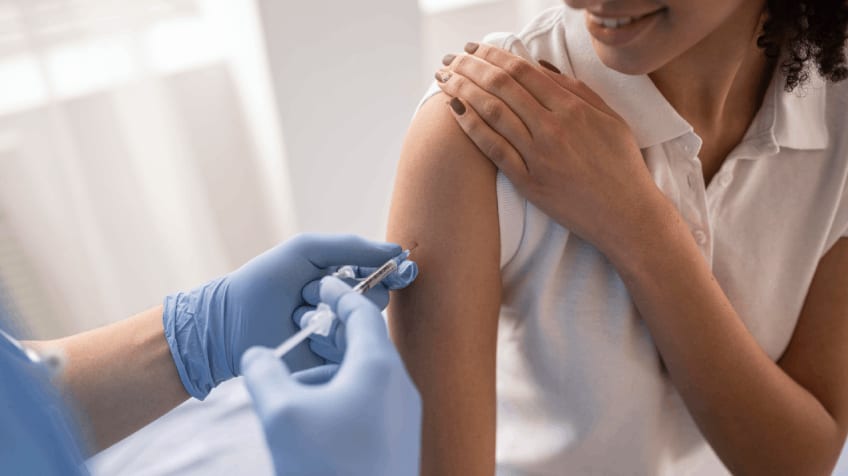I am Dr. Ganesh Badge, Pediatric Intensivist and Consultant at MomStory by Sahyadri Hospitals, Hadapsar, Pune. Today, I’ll be sharing important insights about the HPV (Human Papillomavirus) vaccine, which plays a major role in preventing cervical cancer and other HPV-related cancers.
What is HPV and Why Does it Matter?
HPV (Human Papillomavirus) is one of the most common causes of cervical cancer in women. Besides cervical cancer, HPV infection can also lead to vaginal, vulvar, anal, and penile cancers.
India accounts for almost one-fourth of the world’s total cervical cancer cases, making prevention crucial. Countries that have included the HPV vaccine in their national immunization schedules have seen a significant decline in HPV-related diseases.
Types of HPV Vaccines Available in India
Currently, two main types of HPV vaccines are used in India:
1. Quadrivalent HPV Vaccine
-
Protects against major strains of HPV.
-
Provides 83% prevention rate for cervical cancer.
-
Covers HPV types: 6, 11, 16, and 18.
2. Nine-valent HPV Vaccine
-
A newer and more comprehensive vaccine.
-
Provides up to 98% protection against cervical cancer.
-
Covers additional HPV types: 31, 33, 45, 52, and 58.
-
Can be given to both males and females.
HPV Vaccine Schedule
Quadrivalent Vaccine:
-
Ages 9 to 15 years → 2 doses (at 0 and 6 months)
-
Ages 15 to 26 years → 3 doses (0, 1, and 6 months OR 0, 2, and 6 months)
-
Internationally accepted for females up to 45 years (also as catch-up vaccination).
Nine-valent Vaccine:
-
Ages 9 to 15 years → 2 doses
-
Ages 15 to 45 years → 3 doses (0, 1/2, and 6 months)
Is the HPV Vaccine Safe?
Yes, the HPV vaccine is considered very safe.
-
Standard dose: 0.5 ml intramuscular injection.
-
Minimal side effects: mild redness, swelling, dizziness, or fainting in rare cases.
-
To ensure safety, patients are observed for about 20 minutes after vaccination.
Why HPV Vaccination is Essential
-
Reduces the risk of cervical cancer significantly.
-
Provides protection against multiple HPV-related cancers.
-
Safe for adolescents, young adults, and women up to 45 years.
-
Preventive healthcare that reduces disease burden in India.
Conclusion
The HPV vaccine is one of the safest and most effective ways to prevent cervical cancer and other HPV-related conditions. Parents should ensure their children receive it at the recommended age for maximum benefit.
For more information or vaccination services, you can visit Momstory by Sahyadri Hospitals, Hadapsar, Pune.




